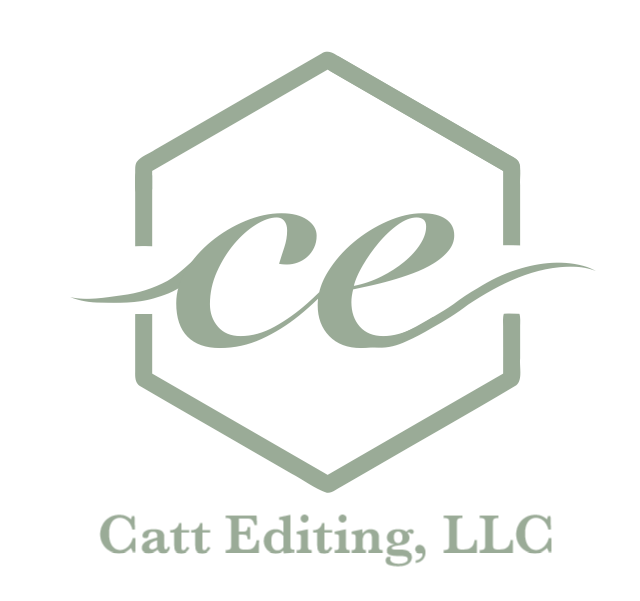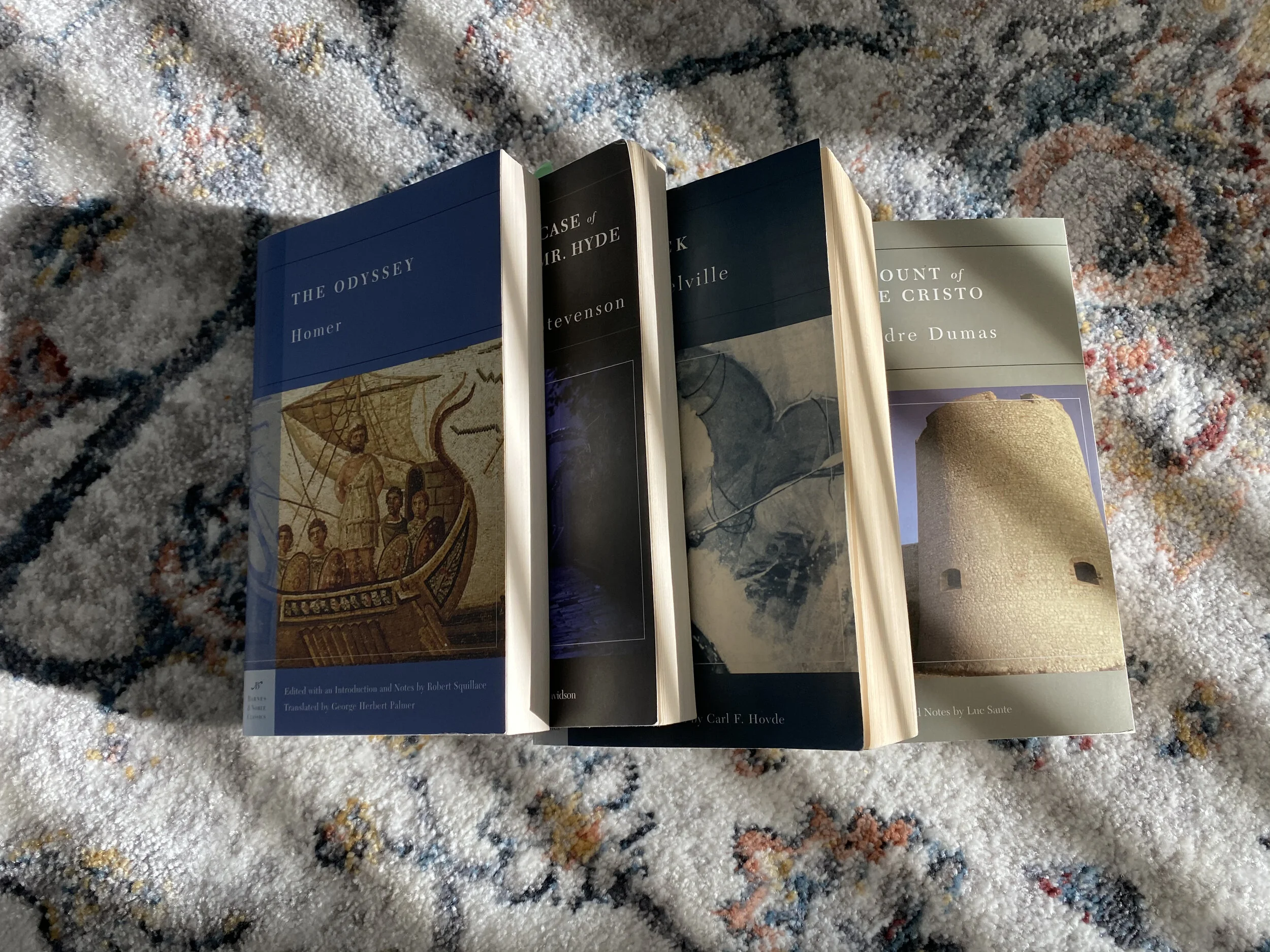
Looking for something specific?
Use the search bar below.
Does a Specific Audience Matter (in Nonfiction Books)?
Are you writing to experts in the field or someone who is just starting to learn about this topic? Are you writing to upper-class people, lower-class people, or people of all SES backgrounds? Are you writing to people in your geographical area only or anywhere in the world?
You don’t need to write to everyone.
3 Questions to Consider Before Drafting a Nonfiction Book
I know you’re probably eager to get started writing your nonfiction book (either memoir or self-help), but you need a plan first. It will be worth it to take the time now and figure out the answers to three big questions before you start writing.
How to Narrow Your Reader Audience
In this blog post, we’re going to talk about how to narrow your reader audience for nonfiction books.
Beta Readers
Before paying anyone to edit your book, you can have beta readers read it to give you advice for free! (Yes, sometimes beta readers are paid. Those ones will probably guarantee better feedback than randoms from Facebook, but it’s up to you.)
Beta readers provide you with advice for the content of your book—yes, it’s that general. If you want them to focus on something specifically, ask them to do that: “Hi, when you’re reading my book, can you look at how the chapters are broken up? Let me know if you think it’s effective or know of another way to do it.” Otherwise, they’ll tell you whatever they think about your book from a reader’s standpoint.
5 Signs You’re Ready for Book Editing
Congratulations on finishing a draft! Now, you know eventually you’ll need to hire an editor, but when will your book be ready for that next step? You’ll always find more things in your book to change, adjust, or fix, but how can you know when it’s time to hand it off to a professional? Here are 5 signs to help you know when you’re ready for book editing.
4 Common Mistakes of Christian Authors
I work with a lot of Christian authors, and I noticed that most people are confused or don’t know about three particular things. Since these unique aspects only apply to this genre, they aren’t that well known. If you’re a Christian author, refer to God in a religious context, or quote any Bible Scriptures in your book, you’ll want to read this blog post!
Action Beats
Action beats are a replacement for dialogue tags to show the action the character takes during or after speaking.
Does My Book Need an Introduction?
Introductions are a crucial part of most nonfiction books (and some fiction books). Introductions talk about the subject material and give the reader any background information they may need before diving into the book. This way, you can start chapter one with the actual chapter one content rather than explaining terms and concepts in chapter one needed throughout the entire book.
Point of View
Point of view is the perspective from which the story is being told. Your choice of point of view can really change your story, so it’s important to make an educated decision. (This post isn’t going to go deep into all the points of view—because there are a lot—I’ll just touch on the top four most popular and most general.)
Sentence Structure
You were probably taught this in school at some point, but it’s important, so let’s go over it again. Simple sentences, compound sentences, complex sentences, and compound-complex sentences are four basic types of sentence structure. Some people only know one or two types of sentence structure, which makes for really boring writing! It’s so repetitive!
5 Ways to Improve Your Productivity as an Author
For authors, especially for self-publishers, writing well and writing fast are our bread and butter. If we cannot produce books, we don't make any money. And if we don't make any money, then writing is just a hobby.
For some people, that is just fine. Writing can be a hobby, and a very fulfilling one at that.
However, for the rest of us, if we want to make a living at writing books, we have to learn to write efficiently.
In this article, I will cover a few tips on how to do this.
Fiction Writing Exercises and Prompts for Writers
Writing exercises are a good way to practice without too much commitment to a story. The point is to write, as most of the time, the pressure is on how to start. Exercises like this can make you feel less overwhelmed and help you put pen to paper (or fingers to keyboard).




















